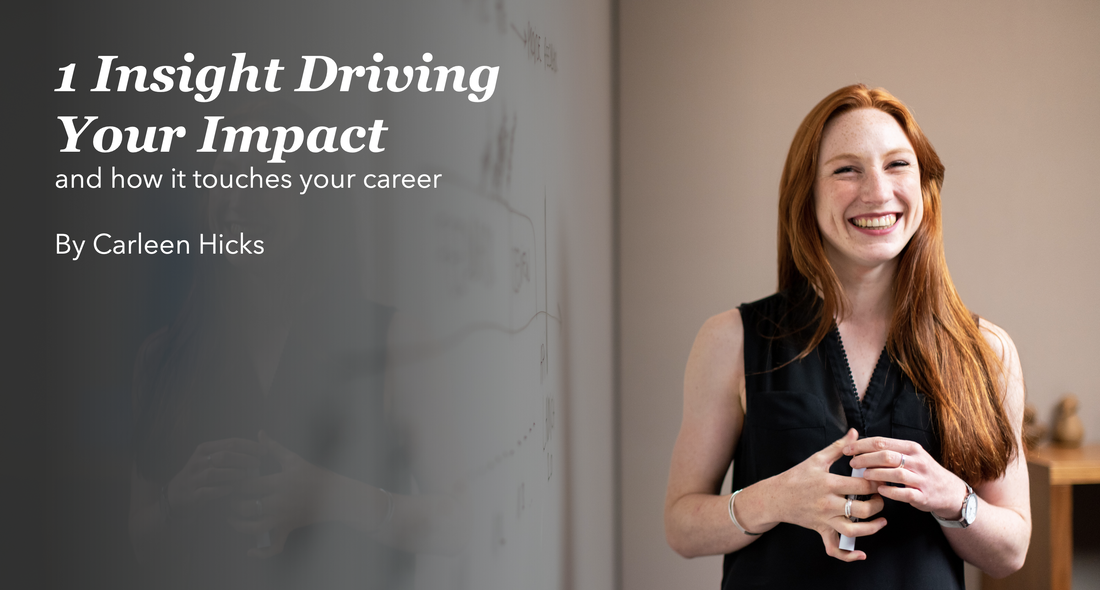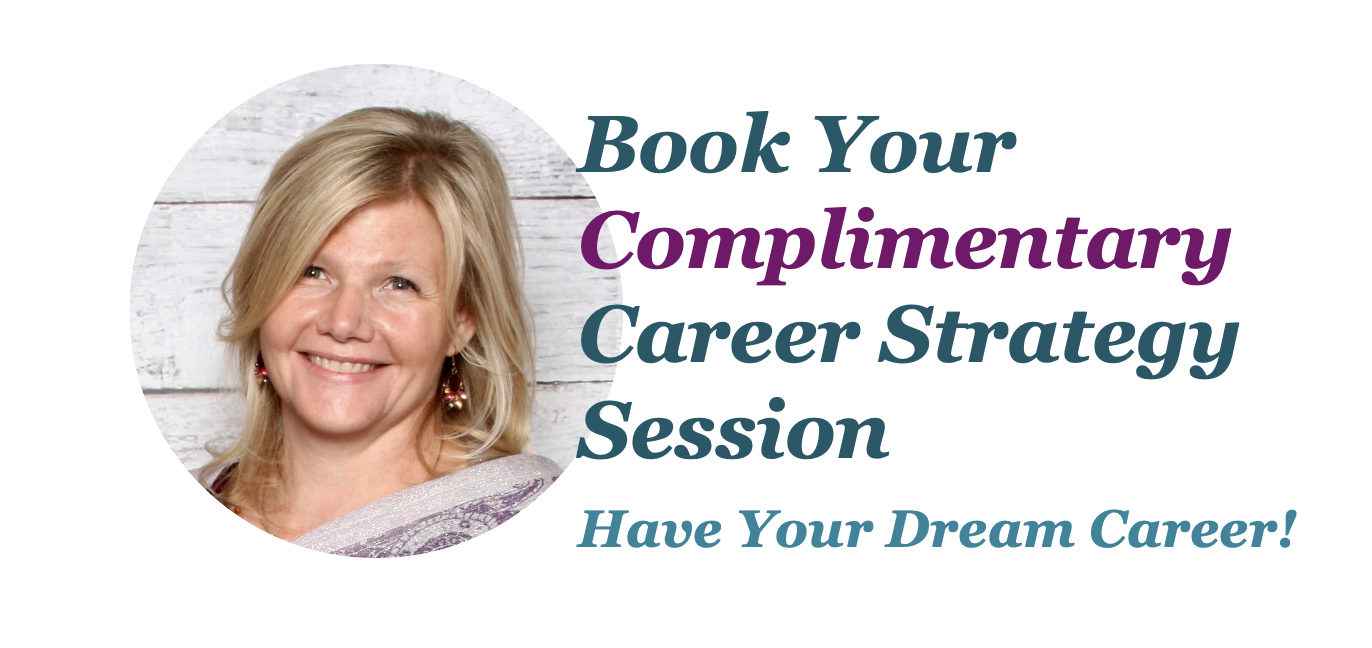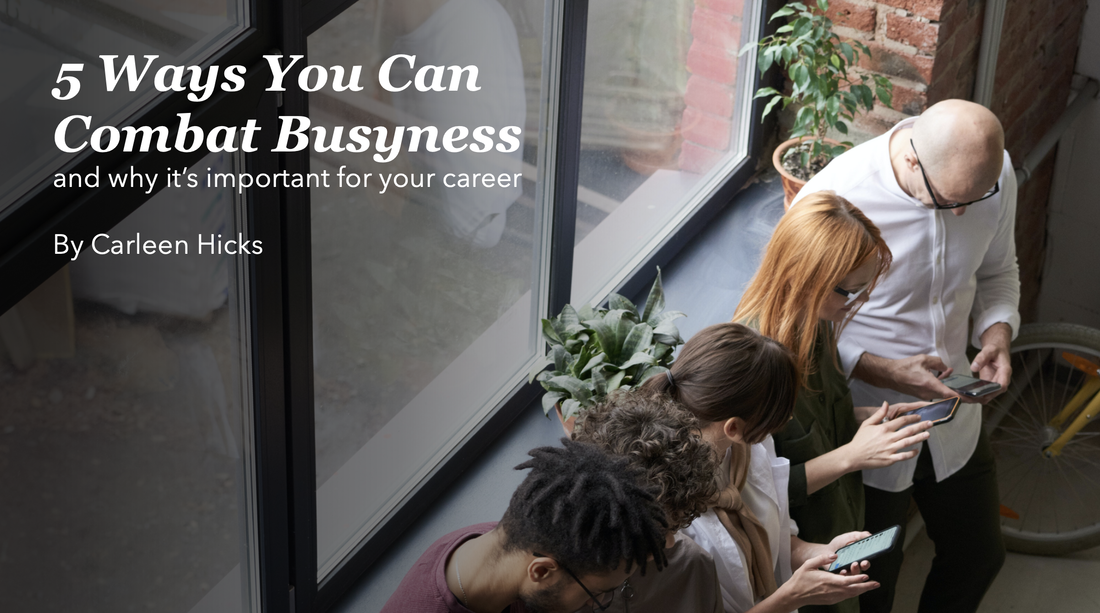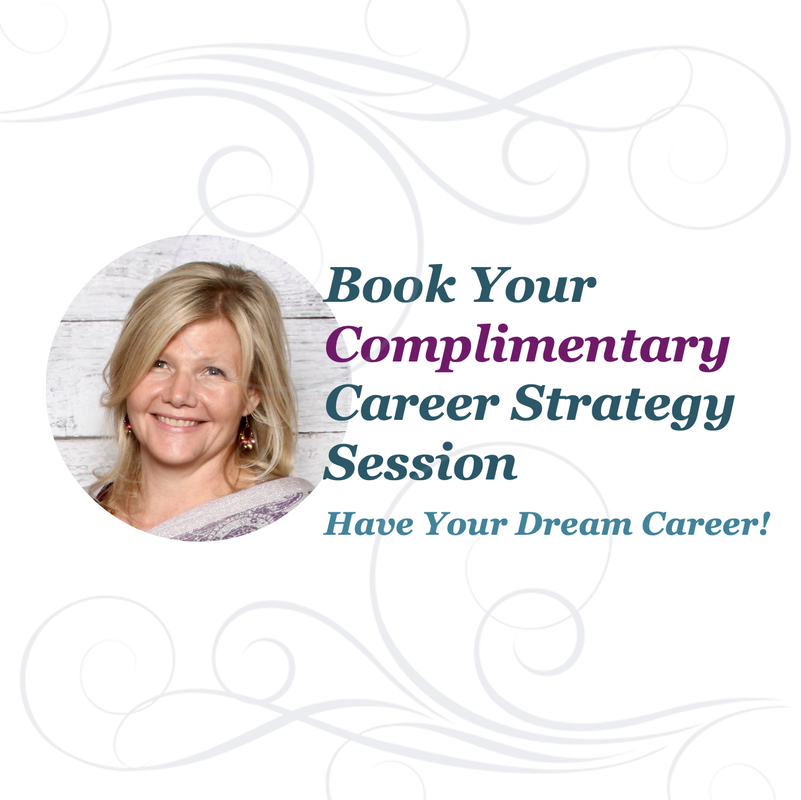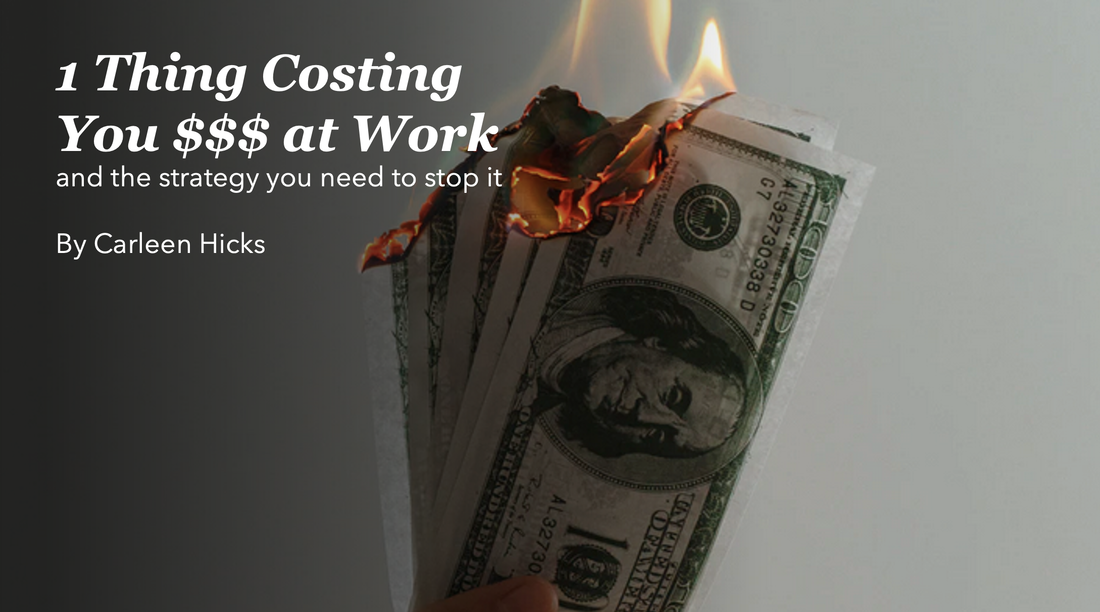|
Someone in my social circle this week said the seeds to our own success or failure are sown in our childhood. I had a strong response to that. My nature is to believe that we always have choice, that anyone could get to wherever they want to go in work and life if that’s what they want, regardless of their past. An optimistic point of view? Yes, very. While everyone has choice in their life, the journey is different for each of us, and the barriers you did, or didn’t, have in childhood determine the level of difficulty you experience in getting where you want to go in adulthood. It’s important to recognize that personal choice comes from having two very specific things throughout your early life (and beyond); the economic and emotional support needed to empower your full potential. Not everyone gets enough of both of these two vital things growing up. Not surprisingly, economic stability alone is not enough to provide everything a person needs to be successful on their own terms, emotional support plays an even bigger role then economics (and economics plays a huge role).
Values are part of our emotional navigation system, they are an expression of how you want to show up in the world, and while they evolve over time, at their core they are encoded to your unique needs as a person. As a very young child you worked hard to be how your care-givers/parents wanted you to be because your safety was completely dependent on them accepting you (and continuing to accept you). Children don’t have choice. So, the emotional support you received (or didn’t receive) in childhood contributes significantly to your values as an adult, which impacts your path to success at work; emotional support in childhood creates what I call your success imprint. This is what it looks like. If as a child you were predominantly:
You may value:
These are but 3 examples (there are MANY more, so if you didn't see yourself above there are different examples for you too); they illustrate how unconsciously you may continue to use what you learned as a child to drive your success at work. Your success imprint can help you to do amazing and great things, but it also creates blind spots that may hold you back:
Here’s the 1 insight driving your impact: these blind spots are hard to see because they masquerade as values and reflect your emotional needs, but on the path to success they will limit your impact and/or the enjoyment of your career and life. There are ways to illuminate your blind spots, challenging them while still living your values and meeting your unique emotional needs. If you want more choice at work, if you’d like to have greater impact or to enjoy more of what you do, I can help. Knowing your success imprint, how it both supports AND sabotages your career, can empower you to use your emotions as insight (rather than a call-to-action), building on your strengths by creating new habits that support both your needs and increase the value of your expertise at work.
Deep confession – I don’t feel like working today. I long for the freedom to sleep in, then drink my coffee slowly in the sunshine. I want to throw off the constriction of schedule, deadlines and having to be accountable to someone else’s needs and expectations. Far from being an indication of laziness, this longing is part of an early warning system, one I have learned to pay attention to because it is happening at the level of my soul. These longings tell me I am getting close to depletion, not energetically but spiritually. They tell me it’s time to slow down and replenish myself. Inconveniently, this always happens at the busiest times of the year! Busyness has become an epidemic in our society. Think about it as a drinking game, if every time someone expressed how busy they were you had to take a shot, you’d be loaded by lunchtime. Every day. So, here are my tricks for getting what I need, when I need it, stepping out of the “busyness vortex”. I call it my Busyness Combat Program:
I’m purposefully trying not to express busyness to others in my life because it confirms the “glamour” of being busy, and being busy is not glamourous, it’s a maladaptive coping mechanism (you are using busyness as an unhealthy way to get something you need). Each of us choose how busy we are (yup, it’s a choice, and if it doesn’t feel that way to you, book a call with me today). Check in and see if you are wearing busyness as a badge of honour; as a way to feel relevant, a way to show others how important you are. Then ask yourself if you are really feeling relevant at work (or is it the opposite, you’re working hard because you are afraid you are not relevant)? Ask yourself if you are recognized and valued at work (or just working hard hoping busyness will get you the recognition you deserve)? Busyness is the biggest piece of emotional bull-shit we as a society have ever constructed. It doesn’t ensure your work is value-add, impactful or relevant to your employer. It means you are over-identifying with your work, living to work, not working to live. And it is a career killer because when you repeatedly say you’re “busy” what you’re really saying to someone else is that they are not important making others feel put down (whether you meant to do that or not). That kind of reputational mistake is hard to shake at work. So, when your soul rebels and you don’t feel like working, listen to it and give yourself the break you need. It supports you and all those whose lives you touch.
I love listening to podcasts, especially when I am doing mundane household chores – it makes the time fly by. The last podcast I listened to really blew my mind. It was author Terri Cole speaking about boundaries (she has a new book out called Boundary Boss, which I am going to buy). You’re aware of boundaries and that you need to have them for a healthy and successful life brimming with well-being (of course you are, you are brilliant); this is not news. However, the part that blew my mind, the part that is “news”, is the importance of exercising your boundaries, even when the answer is likely “no” (I'm not talking about non-negotiable boundaries here, those that support your safety, but about the ones that showcase your negotiable needs). Let me explain. I have needs and wants that aren’t necessarily compatible with those of others, we all do. In life and work there is a lot of compromise you need to navigate. This is where boundaries get really tricky, and by tricky, I mean they can easily become eroded. Eroded boundaries mean you do not use your voice. Eroded boundaries mean you do not make your needs/wants clearly known to others. According to Cole, knowing your needs is important, but that isn’t sufficient to have good boundaries. You need to make the request, have the difficult conversation, to put your healthy boundaries into play. Only then do they support you in a meaningful way. This is the boundary issue that is costing your career real dollars. I’ll give you an example. You feel you should be considered for a salary increase at work. However, your organization has indicated there would be no increases this year for economic reasons. In light of this, it would be very easy to abandon your plans to ask for a salary review, BUT that would be an eroded boundary. Huh? Boundaries you hold need to be referenced even when you know you may not get the result you desire. It works like this, if you feel you are worthy of a salary review, asking for one (regardless of the outcome) is the way to hold your boundary, as long as you are also able to accept the other party may not be able to action this request. The critical step here is to have the conversation, even knowing you may not get the raise. Why is this important? In asking, you are signalling that you have a sense of self-worth and whether you get that raise or not, your manager is now in a much better position to know, and in time support, your career and work needs. When done thoughtfully, rather than annoying your boss, this critical act helps them to better support you. This is true if you are asking for a salary review, a professional development activity, help with workload or wanting more challenging assignments. It’s the same “boundary muscle” you need to exercise in all those examples. I can also tell you (as a former HR professional), even when organizations say they have a salary freeze on, unless your organization is truly going bankrupt, there are always a few key players who get a salary review (and it’s most often the people who ask for it). Of course, you would not go marching into your bosses’ space and demand a raise. A health boundary means you ask your boss for the opportunity to discuss your work performance and share all the great examples of how your work contributes to your teams’, or organizations’, success. In light of that, and even though there is a salary freeze on, you’d like to be considered for a salary review now, so in the future (when the salary freeze comes off) you can be considered for an increase. Even if you and your boss disagree on a change to your salary today, you’ll get much needed insight and feedback putting you in a better position to be considered for review next time (if you go in with an open mind and you trust your boss). This is how a boundary supports your career and ensures you don’t leave money on the table at work. These boundary conversations at work are absolutely necessary to support your long-term career happiness and overall well-being (i.e. your dream career). It’s not about getting the raise; it’s about advocating for one. If you do that consistently for all your reasonable needs at work, you may not always get what you want, but you just might find you get what you need.
Spring ushers in some wonderful changes. More hours of daylight, flowers …professional development planning. Most organizations collect this information early on in the calendar year, to match their budgeting cycle. You may have recently been asked what kind of professional development you’d like over the next year, staring at a blinking cursor trying to think about what you wanted to put into your development plan. This is a critical career step. If you’re having difficulty figuring out what you want to do for development you are in good company, most professionals aren’t intentional about planning for their career wellbeing and success. Aside from planning often being attached to performance management (a mildly to wildly stressful event), there is a deadline to submit development planning which assumes you immediately know what you need. At some points in your career you do, and at other points its more difficult. Here’s why:
There is good and bad news here. Learning and development as a field has come a long way since you first came into the workforce (good), but most organizations haven’t kept pace (bad) - organizations invest in a variety of development offerings and hope for the best; this is so widespread it has a nickname, it’s called “spray and pray”. So, there is often little thought or intentional business planning behind professional development investments at most organizations, which translates into a lack of meaningful guidance for you …so if you want to complete that development plan form you need know what you want to develop, with or without your employers’ help. Adding to this, a modern approach to development for mid-career professionals requires more specialization to expressly meet both your development needs and your employer’s business needs (value-add). Value-add development looks like this:
Where can you find a development program that can do all that? I’ll tell you in a minute, but first if you’re struggling to identify career development activities it is likely because you care a lot about your organization and you want development to be a good investment for both of you; while going off for a three-day learning event is exciting, rarely do you come back to the office and leverage what you learned (zero to minimal value-add), which can feel unethical and doesn’t align with your values (it’s not about your ability to learn, but about the opportunities to apply what you've learned at work - this is the impact of “spray and pray” development). So, you may have reduced what you ask for in your development plan because you know it’s not a great investment for your organization. But what about your career? Did you know that professional development budgets are often the most underutilized budgets in organizations (even though training investment has increased significantly in organizations year-over-year since the early 2000’s in North America)? The unspent dollars get used as a slush fund for unexpected budget over-runs, or works on a “use it or lose it” approach where it’s budgeted by quarter and any unused funds at the end of the quarter go back into the pot to be consumed elsewhere. Critical skills and mandatory training aside, the longer in the year you wait to ask for professional development, the less chance there will be money (or the will) to approve it, particularly in for-profit organizations. I promised to tell you what type of development program can meet both your career needs AND provide instant benefit to your employers (value-add). Here it is: it’s coaching. For the same price as that 3-day off-site learning event, coaching gives you everything you need without the ethical hangover. And, since coaching is exclusively focused on your developmental objectives, it builds your skill while also providing clear value-add for your employers – that’s right, employers, plural. What you develop doesn’t just benefit your employer today, but every employer you have in the future as well. So, here is the strategic step you take: ask for coaching on that development planning form. What is the worst that could happen? They politely say “no”? Don’t leave it up to your employer to be the deciding factor in investing …in yourself. It’s your career, and if your employer won’t (or can’t) invest in you at the level your career needs today, don’t wait. Here’s why. Professionals who invest in themselves through developmental coaching are more likely to be considered for:
To give you an example, coaching is what moved many of my clients from five figures to six in their careers (while doing work they love). Professionals who invest in career coaching also have more employment options over their career-span, meaning their income has more “future-proofing”. You are the best investment you will ever make, take this critical step.
|
|
|

